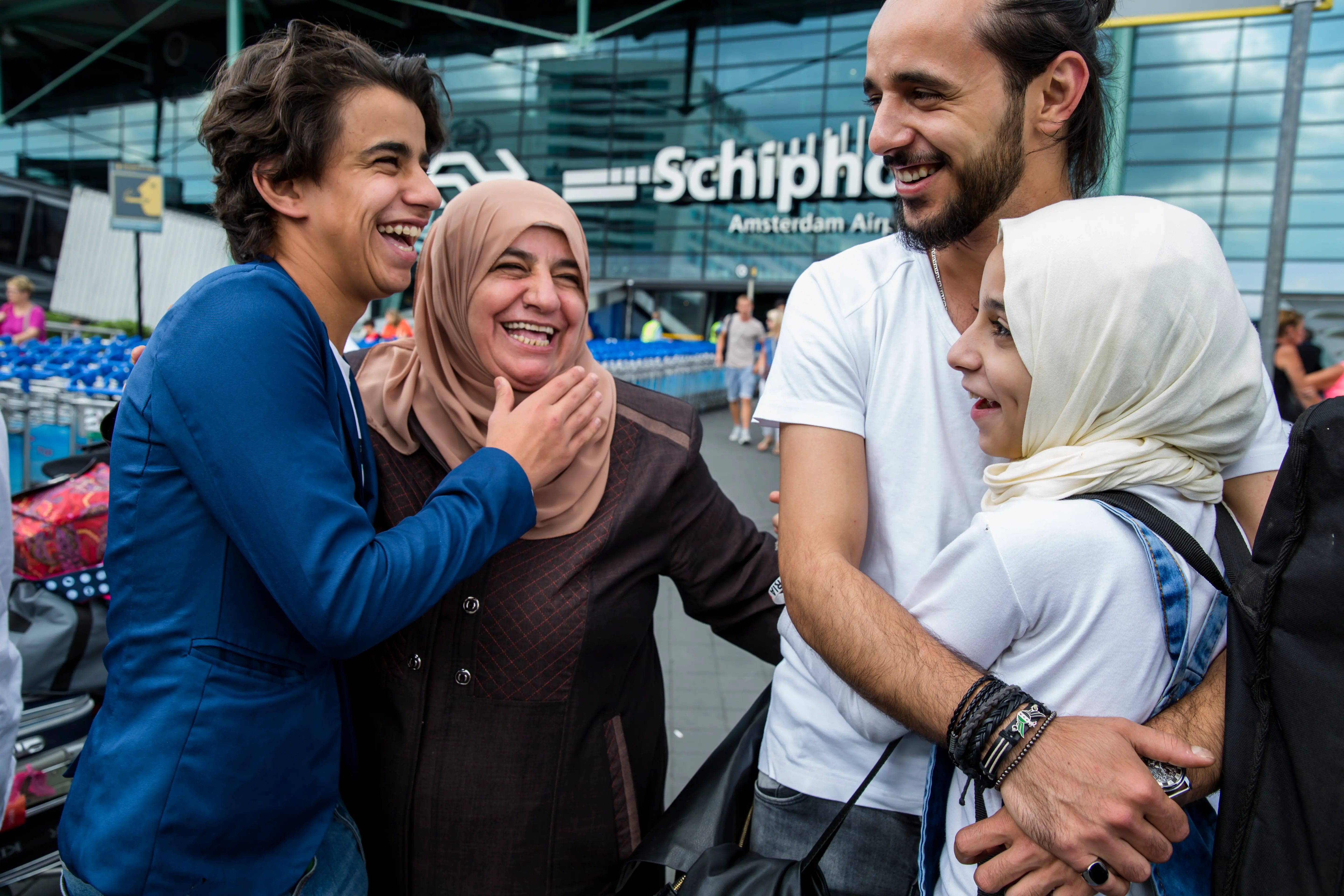
You register in Ter Apel or at Schiphol Airport if you are registered in another European country
If you come to the Netherlands as a refugee, you must apply at the application centre in Ter Apel or at Schiphol Airport. There, the police will examine your personal data.
The police investigate whether you already have or have applied for asylum in Europe
Your name or fingerprints are in one of these systems as:
- You have given your fingerprints in another European country.
- You previously sought asylum in another country, where you had to give your fingerprints.
- You applied for or obtained a visa in another European country.
The country listed by your name in these systems is responsible for processing your asylum application. This is an agreement between European countries, called the '
You will have an interview with the police
In Ter Apel or at Schiphol Airport, you have an interview with
Your application for asylum is unlikely to be processed in the Netherlands if your fingerprints are registered in another country.